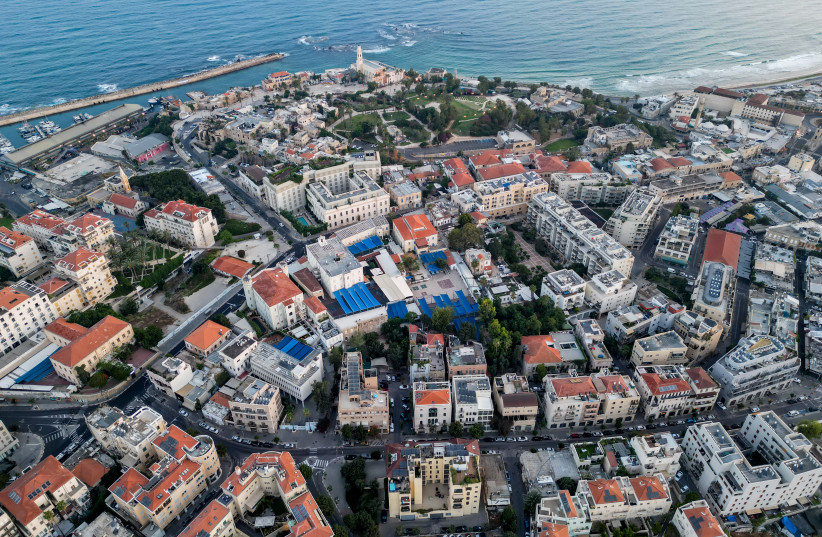Dafna Landau, Head of the Construction & Real Estate sub-division in Bank Leumi’s Business Division, was a guest on a special panel on real estate at the Maariv Economic Conference, sponsored by Bank Leumi, held at the Carlton Hotel in Tel Aviv.
“The real estate industry entered the war after a period of nearly two years, during which interest rates rose sharply, alongside the protests that erupted following the legal reform. Together, they have influenced the market,” Landau said in a panel moderated by journalist Danielle Roth Avneri.
“This affected demand and affected entrepreneurs’ interest in new ventures. But the trend we’ve seen in the last two months is that the same demand that sat on the fence is now returning to the market.
“There is demand in the housing market in Israel,” Landau stated. “We are a growing country, and there is demand from both Israelis and foreign citizens. The most significant challenge in the next two years will be the issue of foreign workers in the labor force. This event requires management and will include many ministries and entities, even outside of Israel, and will dramatically impact construction costs.”
Developing the periphery and the role of the Metro and train systems
Yaakov Quint, Director-General of the Israel Land Authority, who also participated in the panel, said: “Economic policy will affect the borders of the State of Israel. We are trying to influence the development of the areas, especially in the Gaza border communities, and are trying to provide significant tools. What bothered us during the war was the success of new tenders and delays in old tenders, which had to be postponed. Today, the graph is starting to return to its usual format, which is very gratifying.”

Quint added that he expects prices in the twenty-five cities along the Tel Aviv Metro to rise in the coming years. “Nothing will affect the future of the land of the State of Israel more than public transportation – first and foremost, the Metro. In general, the Metro will affect all real estate in central Israel, which is a very important project. I am not sure that the existing format provides a solution to this huge challenge because it has significant implications, starting with the effects of the Metro on rights along the routes. We can see from what is happening with train routes. Cities where the trains reach – Netivot and Yokneam, for example – have developed exponentially.
“When the train reaches a certain area, that area develops significantly. We see the effects of the light rail in the center. These effects will be exponentially much higher once there is a Metro.”
